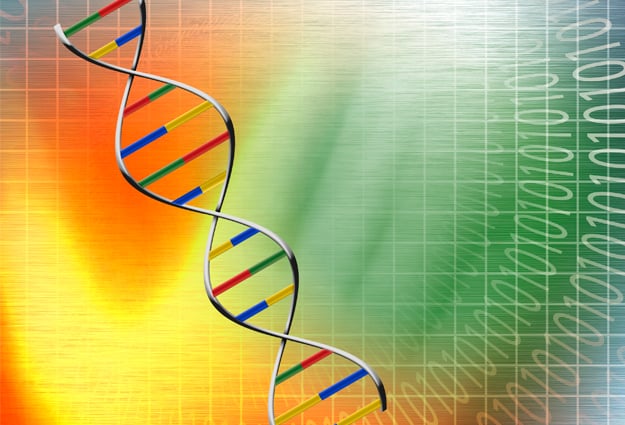
IBM isn't the first company that comes to mind when discussing cancer research. However, after May's World of Watson event, hosted by IBM, the technology-focused corporation announced a new initiative that will help make it faster to fight cancer, through the use of computing. This initiative is called Watson Genomics.
Essentially, the data IBM generates will be used to learn more about cancerous tumor sequences, and then through literature-searching Watson will be able to come up with the best treatment options.
"The technology that we're applying to this challenge brings the power of cognitive computing to bear on one of the most urgent and pressings issues of our time - the fight against cancer - in a way that has never before been possible," said Steve Harvey, vice president of IBM Watson Health.
According to the American Cancer Society it can take anywhere between a few days to a week before a doctor receives their patient's report. It's at that point that the doctor begins to determine the best method of treatment.
When speaking at the World of Watson event, Lukas Wartman, MD, assistant director of cancer genomics at the McDonnell Genome Institute at Washington University in St. Louis, discussed the importance of saving time.
"When you are dealing with cancer, it is always a race," said Dr. Wartman. "Unfortunately, translating cancer-sequencing results into potential treatment options often takes weeks with a team of experts to study just one patient's tumor and provide results to guide treatment decisions. Watson appears to help dramatically reduce that timeline."
As with any new initiative, there is a group of 14 Cancer Centers who will be taking part in the pilot program for this collaboration.
"Determining the right drug combination for an advanced cancer patient is alarmingly difficult, requiring a complex analysis of different sources of big data that integrates rapidly emerging clinical trial information with personalized gene sequencing," said Norman Sharpless, MD, director of the University of North Carolina Lineberger Comprehensive Cancer Center. "(The) cognitive technology (aims to) improve the decisions we make with our patients to maximize their chance for cure."
And we all know that one step closer to a cure is exactly what the fight against cancer needs.

Sarah Gomes
Account Manager

